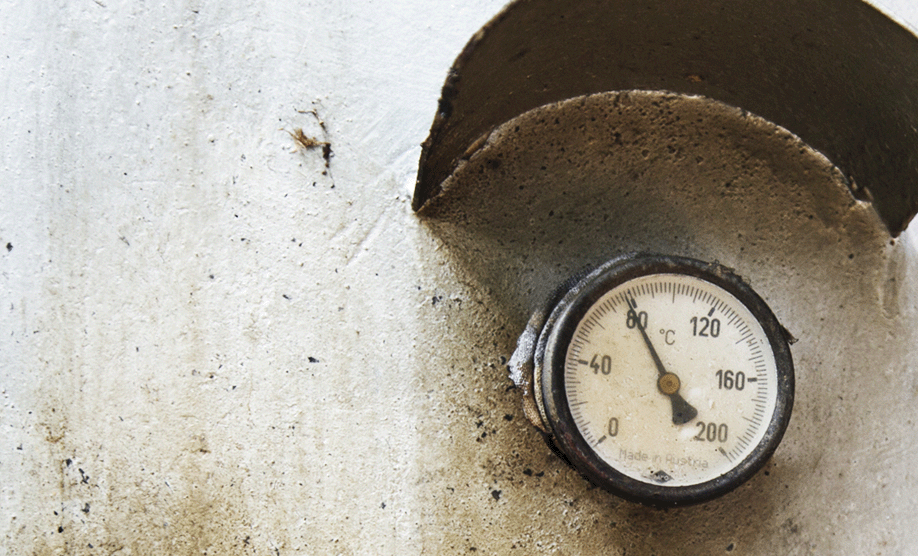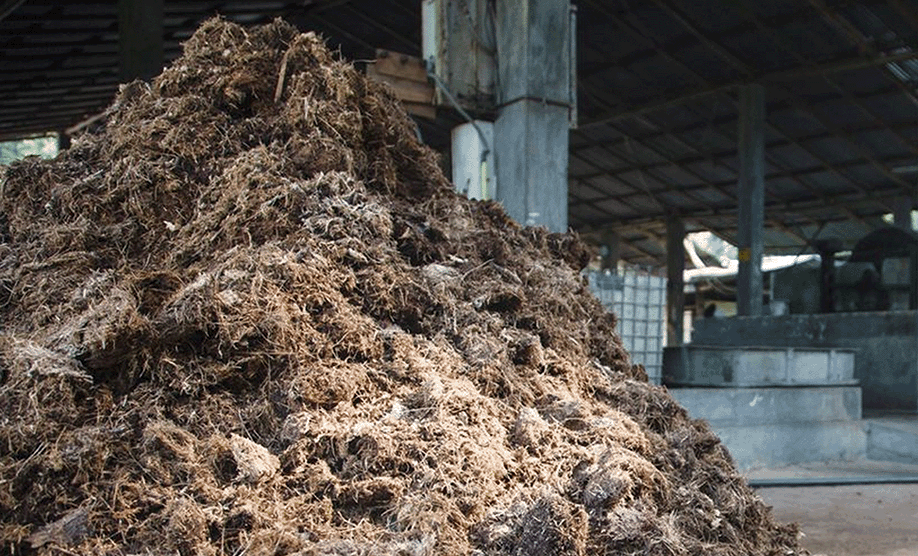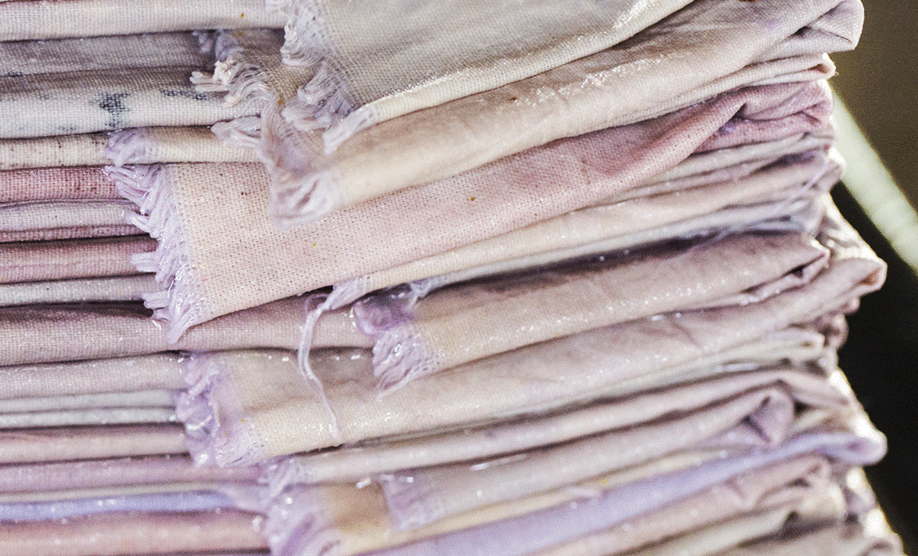A Handmade product using a combination of elephant dung and post-consumer wastepaper
Elephant dung paper – which does not smell – is simply amazing as it helps create ongoing income for many people – from those collecting the dung to the artisans handmaking our paper. The other benefit is that it helps partially resolve the human vs. elephant conflict which is increasingly putting pressure on elephants – with the elephants losing the struggle.
We simply help join the global dots from waste plastic thrown away on a beach or burnt in an incinerator as we transform it into a beautiful and practical product used by people in London, Singapore, New York or Israel.
Collection
Elephant dung is collected from many elephant sanctuaries, plantations and the farmlands of Sri Lanka. Not only is the removal of the dung from elephant sanctuaries useful but all people involved in the collection phase earn an income.

Cleaning
We work with food manufacturers to collect plastic waste (pre-consumer) that has been rejected as part of their manufacturing process. Local community members are paid to collect waste plastic from around their village, the roadside or local beaches. Also, amazing community members collect their own waste plastic generated by their household and bring it to us for recycling.

Mixing
The now clean elephant dung fibres are then mixed with our post-consumer wastepaper to transform it from a raw pulp into a stringy, cellulose-filled mix.

Screening
The pulp is poured into a framed screen and the artisan papermaker catches the pulp fibres with the screen and manually spreads the fibre across the surface. Once the fibres are spread evenly and any small particles are removed by hand – the screen is place in the sunlight to dry naturally.

Drying
The screens are left to dry in the sun for several hours until ready, and they are then removed from the screens. These law sheets of paper and then cut into the required size for the Tovi notebooks.
